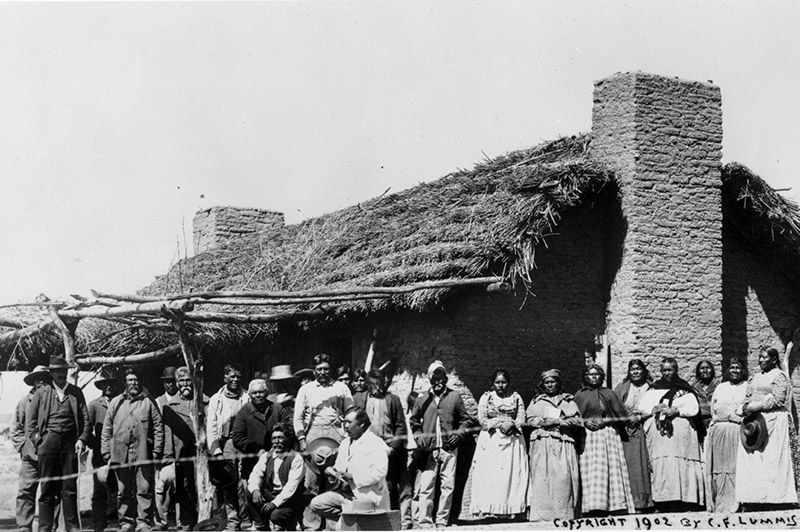Sovereignty
Indian tribes existed as sovereign governments long before European settlers arrived in North America. Treaties signed with European nations and later the United States in exchange for land guaranteed the tribes continued recognition and treatment as sovereigns.
Sovereignty is an internationally recognized power of a nation to govern itself. Treaties were agreements between sovereigns that granted peace, alliances, trade, and land rights to the newcomers. Tribal governments used treaties to confirm and retain such rights as the sovereign right of self-government, fishing and hunting rights and jurisdictional rights over their lands. Treaties did not, as is commonly assumed, grant rights to Indians from the United States. Tribes ceded certain rights to the United States and reserved rights they never forfeited.
Tribal sovereignty preceded the development of the United States Constitution. The framers of the Constitution specifically recognized the sovereignty of Indian tribes in Article I, section 8, clause 3 which identified Congress as the governmental branch authorized to regulate commerce with “foreign nations, among the several states, and with the Indian tribes.”
The Supreme Court has repeatedly recognized tribal sovereignty in court decisions for more than 160 years. In what is known as the “Marshall trilogy,” the Supreme Court established the doctrinal basis for interpreting federal Indian law and defining tribal sovereignty. Three bedrock principles resulted from the 19th Century court decisions that continue today to guide the Supreme Court in its interpretation of the respective rights of the federal government, the states, and the tribes: (1) by virtue of aboriginal political and territorial status, Indian tribes possessed certain incidents of preexisting sovereignty; (2) such sovereignty was subject to diminution or elimination by the United States, by not by the individual states; and (3) the tribes’ limited inherent sovereignty and their corresponding dependency on the United States for protection imposed on the latter trust responsibility.

